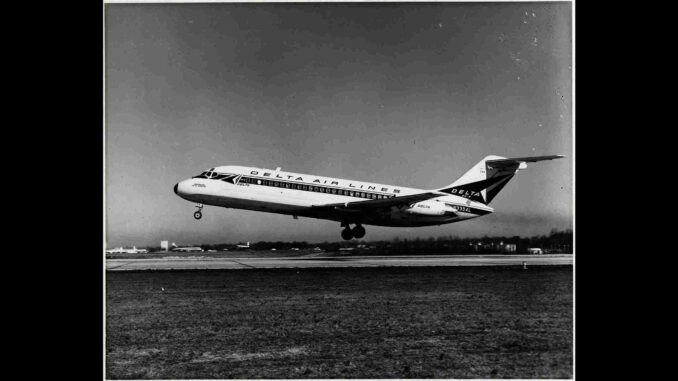
Qantas and Australia’s biggest pilots’ union went head to head in court over the airline’s decision to bypass senior pilots for prestigious roles flying the A380 – but both came out with a loss.
Traditionally, jobs on the larger A380 are reserved for the most experienced pilots, with the airline operating a fleet of just 10 that service routes, including QF1 from Sydney to London via Singapore.
However, both the airline and the Australian and International Pilots Association (AIPA) turned to the Federal Court over a 2022 request from the Flying Kangaroo to instead assign 20 more junior second officers under training (SOT) to the double-decker aircraft.
Under the Qantas Airways Limited Pilots (Long Haul) Enterprise Agreement 2020 (LHEA10), which commenced in May 2020, Qantas could only do so if there were insufficient bids from suitably qualified pilots or if the AIPA reasonably withheld its agreement.
Due to feedback from AIPA members and the alleged unfairness of the request to bypass senior pilots, the union did not agree.
The union added that to do so “would seriously disadvantage the bypassed pilots with no compensation offered, and thereby undermine the seniority system”.
Qantas claimed AIPA’s conduct in withholding its agreement was unreasonable and in contravention of the LHEA10.
In a cross-claim, AIPA alleged Qantas breached the first part of the LHEA10, which required it to consider appropriate bids first.
Dealing with Qantas claim first, Justice Reuben Goodman noted the airline proposed putting SOTs into A380s due to “operational reasons” and it was open to it to make the request of AIPA.
However, Justice Reuben was not persuaded on any of its grounds.
On one of the four grounds, Qantas argued that AIPA did not “critically analyse” the operational considerations and restraints.
On examination of the AIPA’s evidence, Justice Reuben found it was “clear that the AIPA engaged with” these considerations.
“I discern no unreasonableness in the manner in which the AIPA engaged with the ‘operational considerations and restraints’ advanced by Qantas,” Justice Goodman determined.
In the cross-claim, AIPA relied on two arguments, including a claim that one of the LHEA10’s requirements is that allocation of SOTs could only occur upon the commencement of their training on the A380 aircraft. Justice Goodman did not accept this.
Justice Goodman noted that under the LHEA10, any pilots allocated should receive notice in writing from Qantas.
While the 20 SOTs did receive a written notice, Qantas set out they would be trained on the A380s with only a “view” to being allocated.
Qantas added any allocation would only occur after the successful completion of their training on the aircraft.
“It follows that the premise of the AIPA’s argument…is not established,” Justice Goodman found.
The union also unsuccessfully argued that SOTs finished their entire training upon completion of their induction training.
“If the AIPA’s construction were correct, it would produce the result – unlikely to have been intended – that upon completion of induction training, an SOT will cease to be an SOT and become a second officer… and will be allocated…at a time when the SOT has not undertaken any aircraft type training,” Justice Goodman said.
Qantas and AIPA will now prepare submissions for costs.




